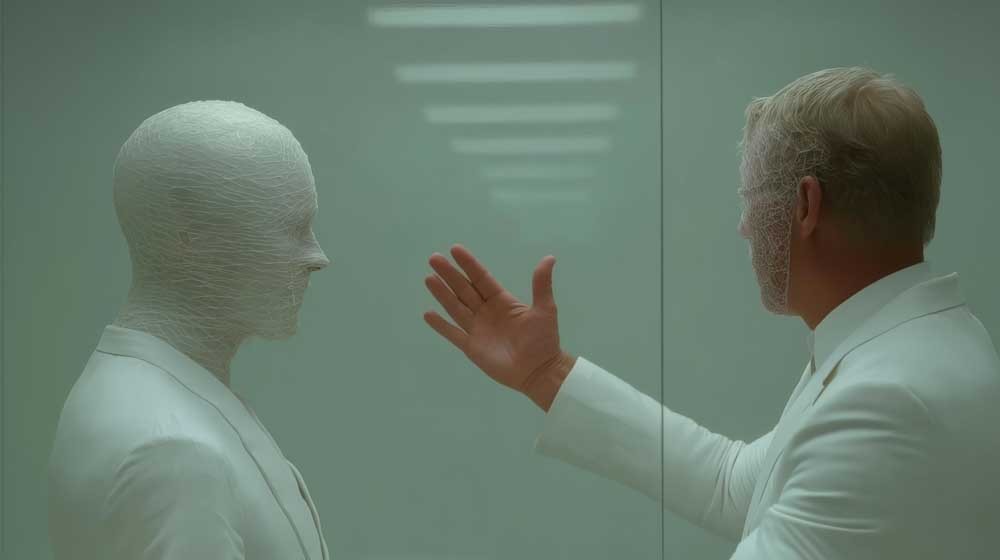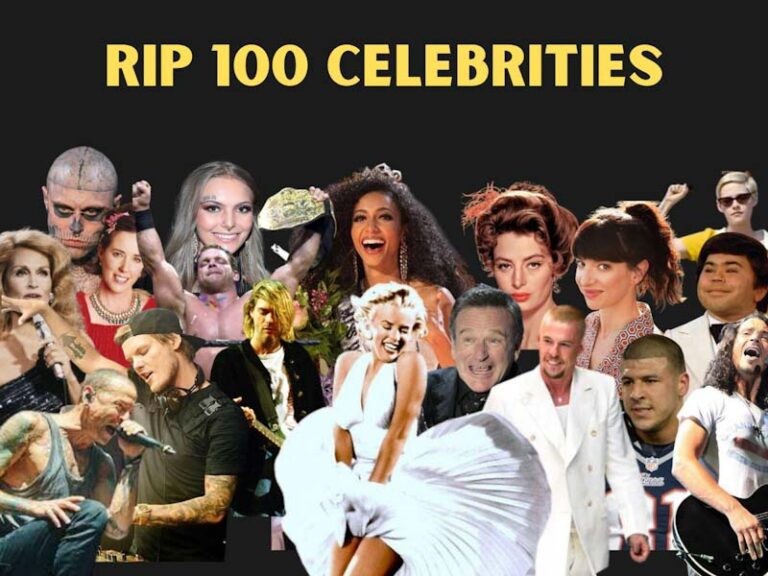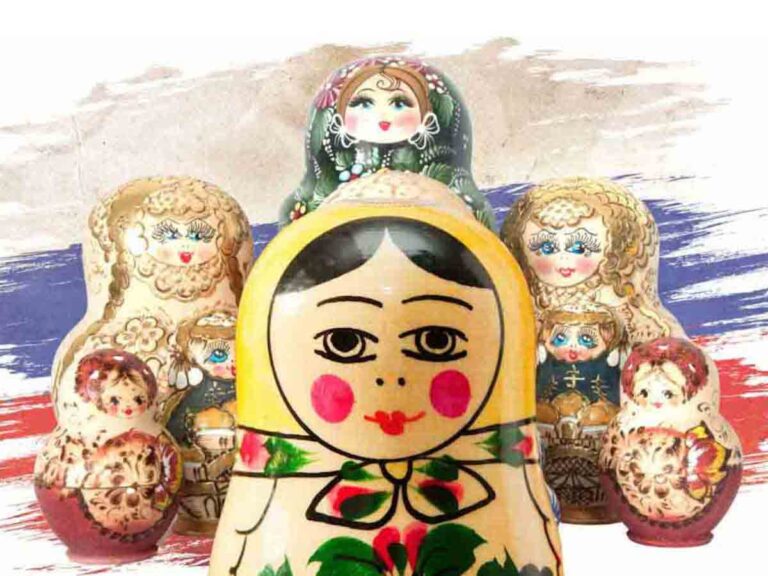
Today, I went to a different part of town, one which I rarely visit, where the less wealthy people live. It was an impressive and unexpected transition. One moment, I was surrounded by people who look more like me, and then suddenly there was nothing – a place of transition with very few people. Then, once again, I found myself in a crowd of completely different people.
It’s like our societies are divided by different countries, cities, and neighborhoods, with some places only visited by a certain kind of people. It’s almost like Cancun, one of the top touristic destinations in Mexico, which seems to almost exclusively attract white American tourists. And while Mexicans (and other people) do come there too, such as for work, there seems to be a clear division between the two types of people who you can see there and in other places in Mexico.
The same thing happens in my part of town. The moment I came back, first, I experienced the above-mentioned transition of a place with very few people, and then again I was surrounded by a crowd of people a bit more like me. Interestingly, while I was more on guard in the less wealthy part of town, nothing really happened (or was supposed to happen), but the concern for personal safety was more palpable there.
And then I felt more relaxed again, and I realized how privileged I am to be living in my wealthier part of town. This privilege is taken for granted most of the time, as I get used to the “good life.”
And yes, even in my wealthier part of town, occasionally you will see people who don’t seem to belong there (such as the homeless, drunks, or minorities), or maybe I just don’t want to see them there, which creates some sort of unease. But again, it’s nowhere near the unease that I felt in that less wealthy part of town, as there were way more of these dodgy-looking people there.
And of course, I realize that there is a reverse classism, with other people living posher and more privileged lives elsewhere, and I rarely venture into that part of town (just like people from that higher class rarely venture into mine), as I don’t really have a reason to be there. And if I were to ever go to those fancier places, those people might think, “What is he doing here?” and “We don’t really want him here.”
It’s almost like an economic disparity that keeps us separate, creating invisible lines that keep different people apart. Of course, this line is only in our heads, as nothing really holds me back from simply walking an extra 30 meters or taking 2 more stops on the metro. However, I just don’t want to pay exorbitant prices for groceries, rent, and activities (like dinners). And maybe I just don’t like people looking down on me, even though I do the same to everyone else.
In other words, it’s all in our heads – the wealth, division, and classism. While there are some invisible economic and social incentives that keep us separated, these can be easily overcome. People continuously try to move up the ladder of classes, never interested in going back down, even though realistically speaking, it wouldn’t be a big deal if it were to happen.
And this is when I realize what a certain someone was telling me when they called me “privileged” at a networking event, which confused me at the time. At first, I thought, “Aren’t you privileged too, if you are here?” But then I realized that maybe it was someone who was jumping classes. Additionally, I asked them, “I am privileged, and I realize it” (maybe not completely, but I am aware and grateful of the fact), “but what do you want me to do with this information?”
Now, I realize that the person who called me “privileged” wanted me to do something with this privilege, like give back to those who are less fortunate and wealthy. In fact, this is exactly what I think when I think about those higher ups. We all think that others should be doing more, while we aren’t yet in a position to give. Arguably, we will never be in that position because we compare ourselves to those higher ups, and because we want to move higher up ourselves, we never have enough to give away to others.
For example, if you are aware of a concept called “universal basic income,” you know that this is so-called “free money” that the government gives to its citizens with no strings attached. This means that a person simply receives this money for doing nothing, and they don’t have to justify what they will do with it. I take this concept a step further by suggesting that there should be a “private universal basic income,” which is income that a private individual gives to someone they choose.
Again, most people just want to keep their money to themselves, believing in “what’s mine is mine.” But what if we could choose someone and pay them a monthly salary for doing nothing, expecting nothing in return? We would do it because we can, because it would help someone, and because we don’t want to wait for governments to do the “right thing.” Instead, we take this step forward ourselves.
Just to satisfy your curiosity, I already do it. I chose a person, and I give as much as I want, the same amount every month, for the time being and as long as I can afford it. I don’t give this money to a family member or ask the receiving party to do something for me or pay me back in any way. They can go on a trip to Thailand for all I care, as I don’t ask them to justify how they spend their money.
Of course, there are other unique contributions people can make, unrelated to money, and I’d love for everyone to have at least one way to make this world a better place.
From science, we know that altruism is ultimately connected to happiness, while egoism is connected to unhappiness. So, counterintuitively, the more we focus on accumulating wealth, material things, and power, the less happy we become. On the other hand, giving back seems to make us more satisfied.
With this in mind, we need to choose at least one unique way of giving back. Having one contribution allows us to focus and do it well, instead of exhausting ourselves trying to do it all.
For example, I write this blog post and teach people how to be happier because happy people are known, scientifically, to be more productive, caring, giving, altruistic, and overall better human beings compared to their less happy counterparts. In fact, virtually everything in life improves when we are happy compared to times when we are less happy, including our overall enjoyment of life.
In other words, a happier world is a better world for everyone to live in. If we can make everyone even 5% happier, it will have a truly positive and transformational effect on the world. And this is my unique contribution that I’m passionate about and the reason why I lead this blog.
So if you enjoyed this blog post, you can continue reading my other blog posts and check out our other unique happiness offers.
Stay happy!















2 thoughts on “The Privilege: The Invisible Line That Separates Us”
Wonderful piece! It’s a great idea to share without strings and expectations – the best part is the benefit I could get from sharing with others – peace of mind and the high of giving unconditionally!
Once upon a time, I remember living on unemployment benefits. This money helped me a lot. Now, the idea has been taken further by economists and is being implemented by governments: giving money to the public. According to research, it has a great effect on people’s happiness and well-being, so much so that it is a great way to invest back into the economy. In this blog and in upcoming books, I will suggest that we explore this further. Thank you for reading!